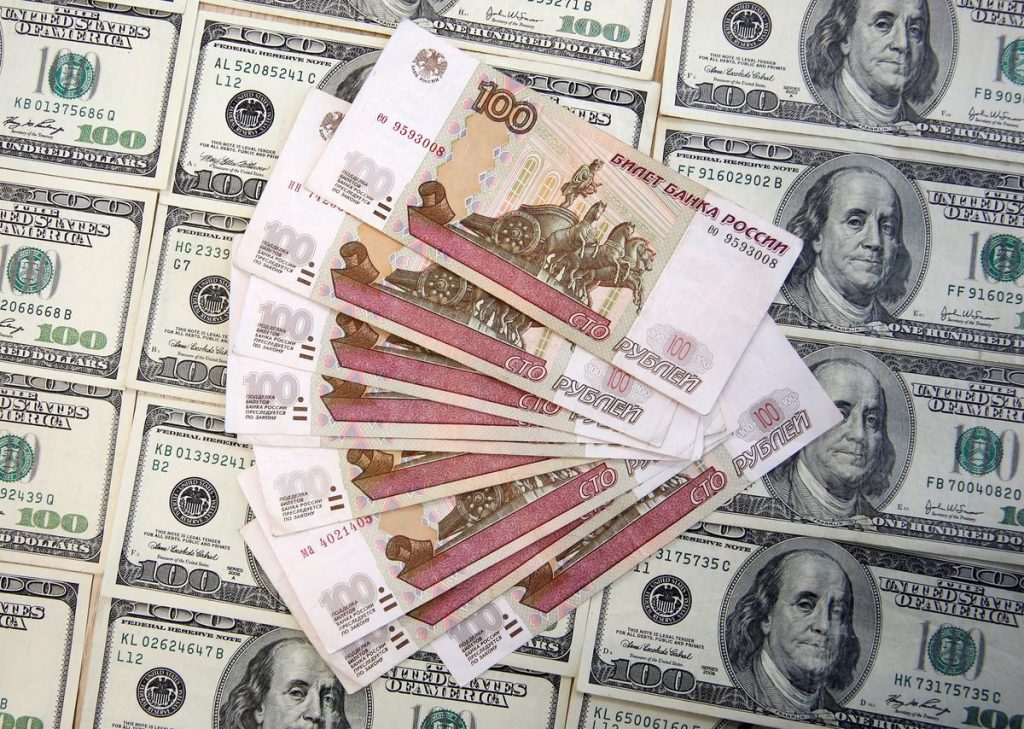The delisting of depositary receipts could benefit Russian enterprises and global banks. According to two persons familiar with the situation, Russian corporations and global banks such as BNY Mellon, Deutsche Bank, Citigroup, and JPMorgan might benefit if Moscow tries to de-list Russian companies’ depositary receipts from overseas exchanges.
The potential profit comes from the fees that bank depositary receipt issuers can charge investors if they cancel the product.
It’s unknown how much money companies and banks could make, or whether banks will impose the fees, which could irritate investors given the unique conditions produced by Russia’s invasion of Ukraine.
However, according to Reuters’ calculations based on charge data provided by the sources, the fees might amount to hundreds of millions of dollars.
As a result of Western sanctions, Moscow is prepared to de-list Russian corporate depositary receipts from foreign markets and convert them into Russian securities in order to diminish foreigners’ power over these businesses.
Depositary receipts are bank-issued certificates that represent shares in a foreign corporation that are traded on a local stock exchange. They allow investors to invest in foreign stocks while remaining in their own time zone and area.
BNY Mellon, Deutsche Bank, Citigroup, and JPMorgan, among others, have issued more than 30 depositary receipts on Russian firms such as Gazprom, Rosneft, Lukoil (LKOH.MM), and Norilsk Nickel (GMKN.MM) that trade on US and European exchanges.
Depositary receipts can be cancelled by the issuer or the investor under conventional agreements. When this happens, the investor usually receives cash from the sale of the underlying shares, but they also have the option of taking possession of the shares.
